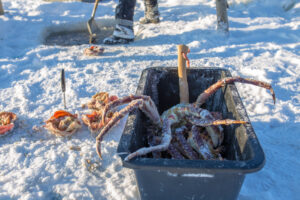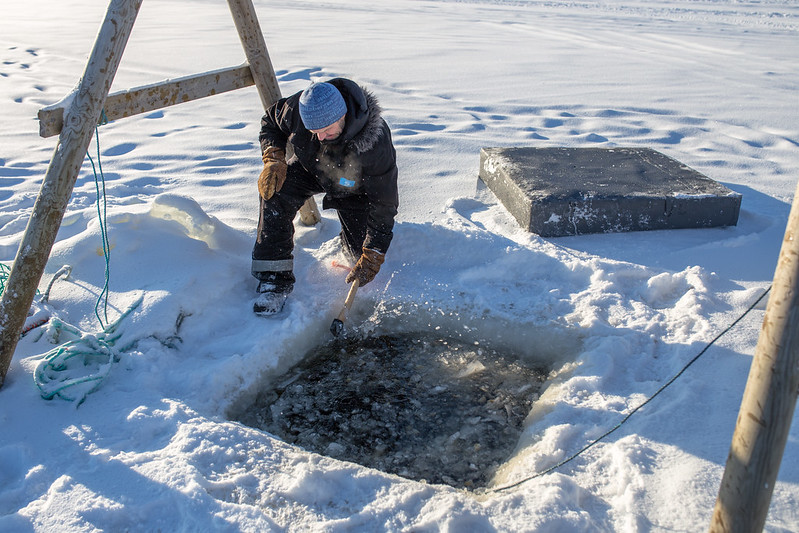Fishermen facing climate change: crab crashes and wind power threats
Posted
Last Updated
Five thousand miles apart on their own oceans, New England trawlers and Alaska crabbers say they are up against twin threats from climate change: warming waters changing the marine environment, and hasty, risk-filled decisions in response from U.S. policy makers.

“I’m not sure which is going to get me first, climate change or the solution to it,” said Chris Brown, a Point Judith, R.I., captain, president of the Seafood Harvesters of America and a 2022 National Fisherman Highliner.
Brown expressed a general consensus among panelists during a Jan. 5 online webinar hosted by Fishery Friendly Climate Action, an initiative campaign that is organizing fishermen and industry groups to “advocate for robust climate solutions that work for U.S. fisheries and not at their expense,” as coordinator Sarah Schumann says.
“These issues are moving so fast,” said Schumann. “We as an industry have to improve our game.”
A series of winter webinars organized by Schumann aims to bring in fishermen from all U.S. regions to work together on climate issues. The collapse of Alaska’s Bering Sea snow and king crab fisheries – a potential $500 million loss to the industry and dependent communities – has snapped the issue into sharp focus.
“We need to make climate solutions a priority,” said Jamie Goen, executive director of the Alaska Bering Sea Crabbers Association, who calls their predicament “the proverbial canary in the coal mine.”
Off Oregon and California, the seafood industry is under threat by both changing conditions in the Pacific and the risk of being displaced by federal and state energy plans for offshore wind power development, said Lori Steele, executive director of the West Coast Seafood Processors Association.
Read more at nationalfisherman.com

